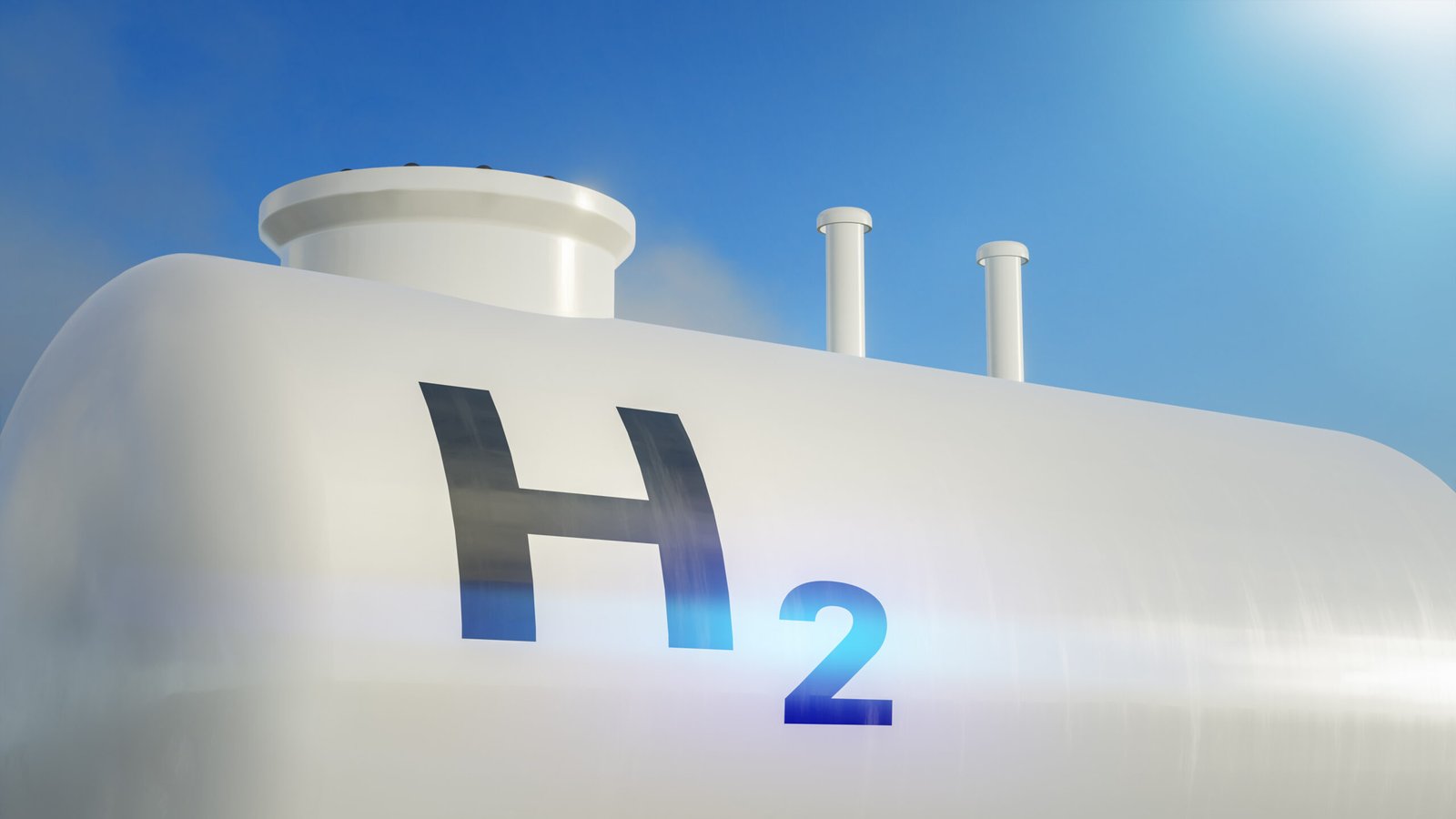Electric vehicles are multiplying rapidly on Indian roads, yet charging infrastructure struggles to keep pace with adoption rates. Hydrogen fuel-cell vehicles promise even cleaner transportation, but refuelling stations remain virtually non-existent. This infrastructure gap threatens to strangle India’s clean mobility ambitions before they properly begin. The KP Group has decided to tackle both challenges simultaneously with a landmark ₹8,000 crore investment developing hydrogen and electric vehicle fuel stations across Gujarat over the next five years. This isn’t merely another corporate sustainability announcement—it represents one of India’s largest private investments in alternative fuel infrastructure, potentially creating the blueprint for nationwide clean transportation networks.
Gujarat’s abundant renewable energy capacity, particularly solar and wind exceeding 10 gigawatts, provides the foundation for producing clean hydrogen via electrolysis while powering electric vehicle charging infrastructure. The project aligns perfectly with Gujarat’s ambition to become a green hydrogen hub and India’s broader National Hydrogen Mission, targeting 5 million tonnes of green hydrogen production by 2030. As transportation electrification accelerates and hydrogen fuel-cell technology matures, infrastructure expansion through strategic private investments becomes absolutely critical for catalysing market adoption and regional economic development.
The Infrastructure Plan: 150+ Stations Reshaping Gujarat’s Fuel Landscape
KP Group plans to establish a network exceeding 150 hydrogen and electric vehicle fuel stations across Gujarat, creating a comprehensive ecosystem for zero-emission mobility that currently doesn’t exist at a meaningful scale anywhere in India. These stations will focus on compressed hydrogen fuelling infrastructure for fuel-cell electric vehicles—particularly buses and trucks—complementing fast-charging facilities for light electric vehicles. This dual-fuel approach recognises that different vehicle categories require different zero-emission solutions based on range requirements, payload capacities, and refuelling time constraints.
Latest technology imports include 700 bar compression systems ensuring hydrogen can be dispensed quickly and safely to fuel-cell vehicles. Onsite hydrogen generation modules will provide supply reliability without depending on complex distribution networks that don’t yet exist for hydrogen fuel. KP Group Chairman Kartikeya Puri articulates the strategic vision: “Our investment will help modernise transportation infrastructure whilst supporting India’s commitment to its National Hydrogen Mission and EV mandates. Gujarat’s strategic location and industrial ecosystem make it ideal for such clean energy advancements.”
Gujarat’s industrial corridors and ports represent primary markets for hydrogen trucking, as companies pursue net-zero emissions targets. Heavy commercial vehicles travelling long distances benefit most from hydrogen fuel cells, which offer faster refuelling and longer ranges than battery-electric alternatives. Electric vehicle adoption in Gujarat is growing rapidly, with registrations climbing over 35% annually. This growth creates immediate demand for charging infrastructure, which currently concentrates in major cities, leaving highway corridors and smaller towns underserved. The KP Group network aims to fill these geographical gaps.
Policy Support: Government Frameworks Enabling Private Investment
This investment dovetails perfectly with the Government of India’s National Hydrogen Mission, launched in 2021, which targets production of 5 million tonnes of green hydrogen by 2030 and explicitly incentivises infrastructure development for hydrogen distribution and consumption. Gujarat’s own Energy Policy encourages large-scale renewable integration and industrial decarbonisation, offering streamlined approvals and subsidies specifically for fuel station development. These policy instruments reduce regulatory friction and financial risks that typically deter infrastructure investments in emerging technologies.
The state regulatory environment actively supports Public-Private Partnerships, offers concessional land leases for green projects, and enhances grid connectivity for renewable-powered electrolysers. These practical enablers transform ambitious plans into viable commercial projects by reducing capital requirements and operational costs.

Central government schemes like FAME II—Faster Adoption and Manufacturing of Hybrid and Electric Vehicles—further spur electric vehicle infrastructure investment nationwide through capital subsidies and demand incentives. The KP Group project is strategically positioned to leverage these policy instruments for seamless implementation. Gujarat’s regulatory approach contrasts with states where bureaucratic delays, unclear regulations, and lack of coordinated planning frustrate private investors attempting to develop clean energy infrastructure projects. This supportive environment explains why Gujarat attracts disproportionate investment in renewable energy and associated infrastructure compared to many larger states.
Economic and Environmental Impact: Jobs, Emissions, and Regional Development
The ₹8,000 crore investment is projected to create 10,000 direct jobs in construction, operations, maintenance, and associated services over the implementation period. These aren’t temporary construction positions—many represent permanent operational roles managing sophisticated refuelling infrastructure requiring technical expertise. Ancillary sectors—including equipment manufacturing, maintenance services, and renewable energy generation—will benefit substantially from procurement and operational requirements. This multiplier effect amplifies the project’s economic impact beyond direct investment figures.
Environmental benefits are equally substantial. The project aims to reduce emissions by over 1 million tonnes of carbon dioxide annually by 2030 through displacing conventional fossil fuel consumption in transportation. This contribution supports India’s COP27 commitments to reduce transport emissions and improve air quality, particularly in industrial clusters where pollution concentrations affect public health. KP Group’s model emphasises circular economy principles by using renewable energy for hydrogen production and employing green materials where feasible in station construction. This holistic approach addresses sustainability beyond merely offering clean fuels, extending environmental consciousness through entire project lifecycles.
Stakeholders view this initiative as a potential blueprint for scaling green hydrogen and electric vehicle infrastructure, demonstrating commercial viability that could encourage similar investments across other Indian states. Success in Gujarat could catalyse nationwide infrastructure development, overcoming the chicken-and-egg problem where vehicle adoption awaits infrastructure, whilst infrastructure investment waits for vehicle adoption.
The KP Group’s ₹8,000 crore commitment to hydrogen and electric vehicle fuel stations across Gujarat exemplifies India’s accelerating momentum towards sustainable transport infrastructure. Enabled by supportive policies, technological innovation, and genuine market demand, this initiative advances both hydrogen and electric mobility while driving regional economic development and meaningful emission reductions. By integrating renewable energy with cutting-edge refuelling technology, Gujarat positions itself as a clean mobility pioneer, potentially establishing replicable models for other states and countries pursuing transportation decarbonisation.
